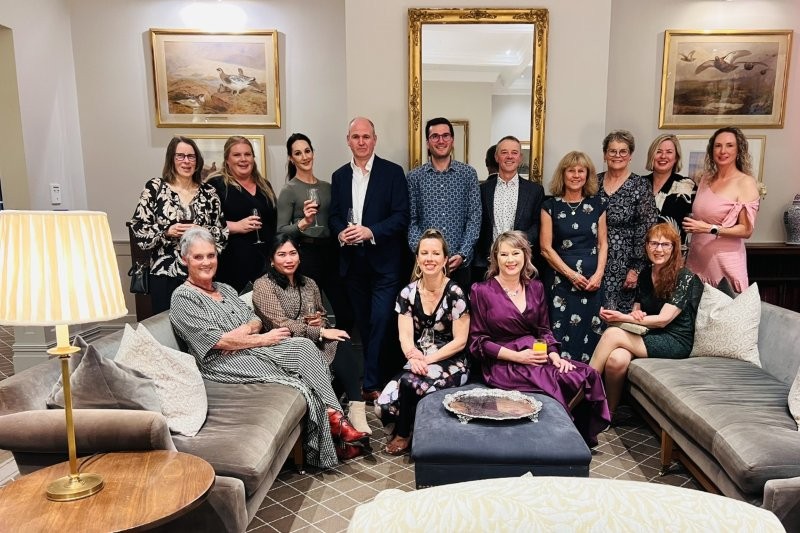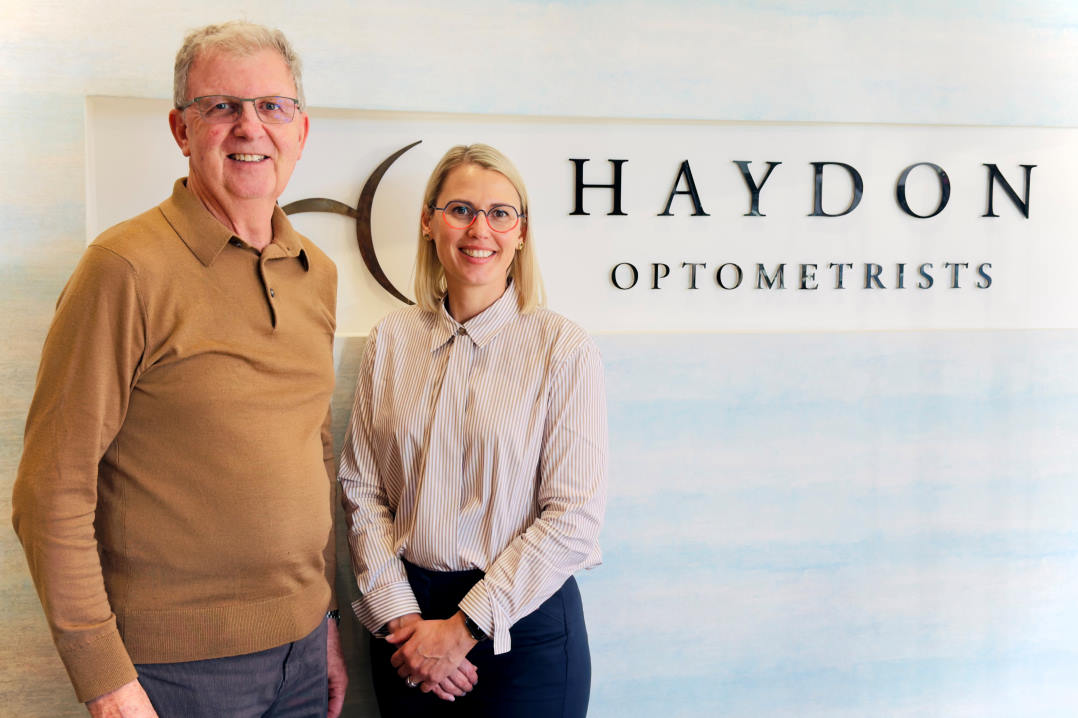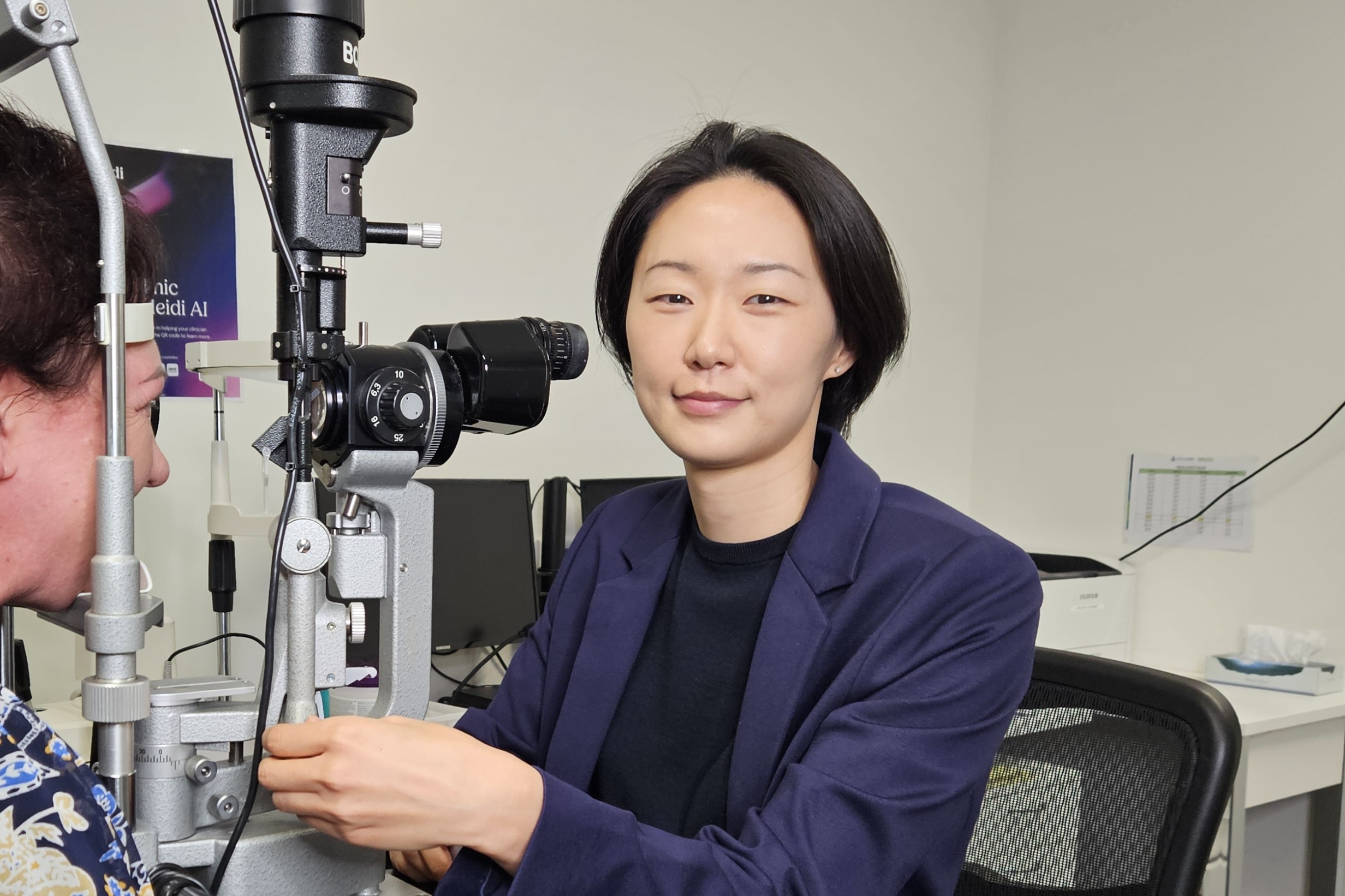Improving retinal disease care
Optometrists and ophthalmologists are being asked to participate in an Australasian-led survey to learn more about their knowledge, attitudes and concerns about genetic testing and gene therapy for retinal diseases. The information will help form the basis for an educational initiative to improve the integrated care of retinal diseases.
Funded by the Universitas 21 Health Sciences Group, the proposed education initiative is an online course designed to educate eyecare clinicians on the diagnosis and management of inherited retinal disease (IRD) and provide an evidence-based update on emerging treatments. The project is being led by IRD post-doctoral research fellow Dr Ceecee Britten-Jones, IRD and vision restoration principle research fellow Associate Professor Lauren Ayton and ocular gene therapy lead researcher Dr Thomas Edwards, from the University of Melbourne. They have partnered with Dr Lisa Hill, lead researcher in ocular disease and therapeutics from Birmingham University, UK, and Associate Professor Andrea Vincent, lead researcher in IRD and ocular genetics from Auckland University, New Zealand.
Until recently, patients with IRDs had no hope of a cure. However, the 2017 approval of the world’s first ocular gene therapy, Luxturna, brought forward a new era of research into treatments for these conditions, said the research team. “The management of IRD often warrants a multidisciplinary approach. The integration of knowledge and sharing of information between primary eye health practitioners and other interdisciplinary team members is critical for providing coordinated, patient-centered care, to optimise health outcomes.”
Eye health practitioners should also be able to advise IRD patients on emerging treatments so they can make informed and timely decisions on participating in clinical trials, especially as most IRDs have a limited therapeutic window for preserving visual function, they said. “Our recent survey of over 700 individuals with IRDs found that over 60% of respondents indicated they have not obtained any information about gene therapy from their ophthalmologists or allied health professionals. This finding highlights an unmet need to improve the integration of knowledge between clinical care and research.”
The RANZCO-approved survey should take around 10 minutes and is anonymous.
To participate or learn more please scan the QR code below or go to https://tinyurl.com/OcularGeneSurvey.

























